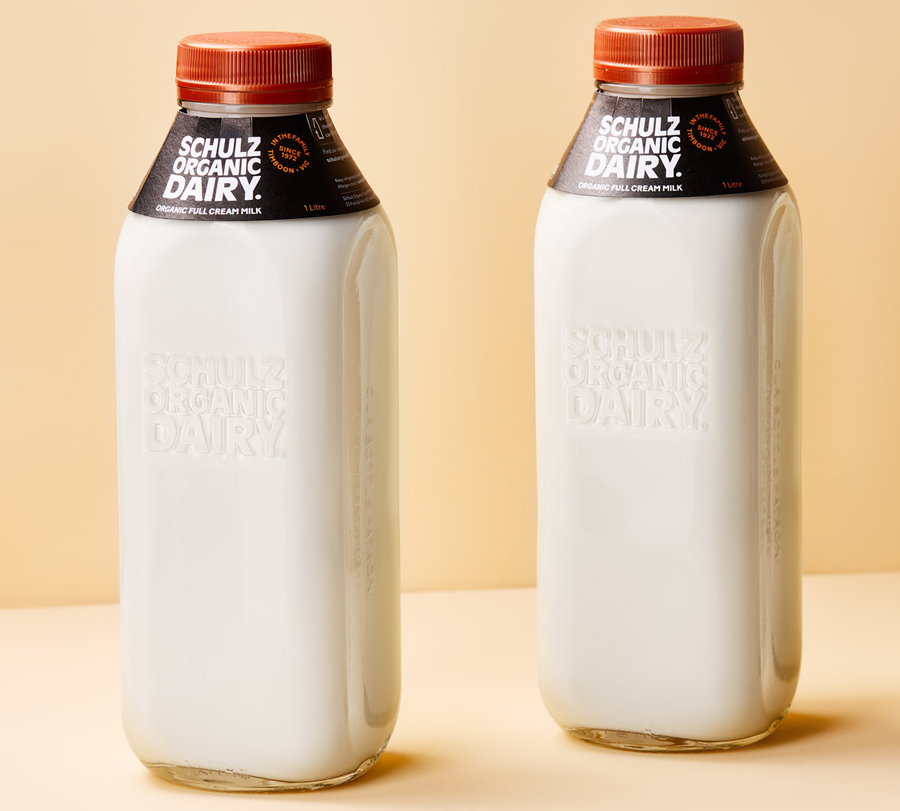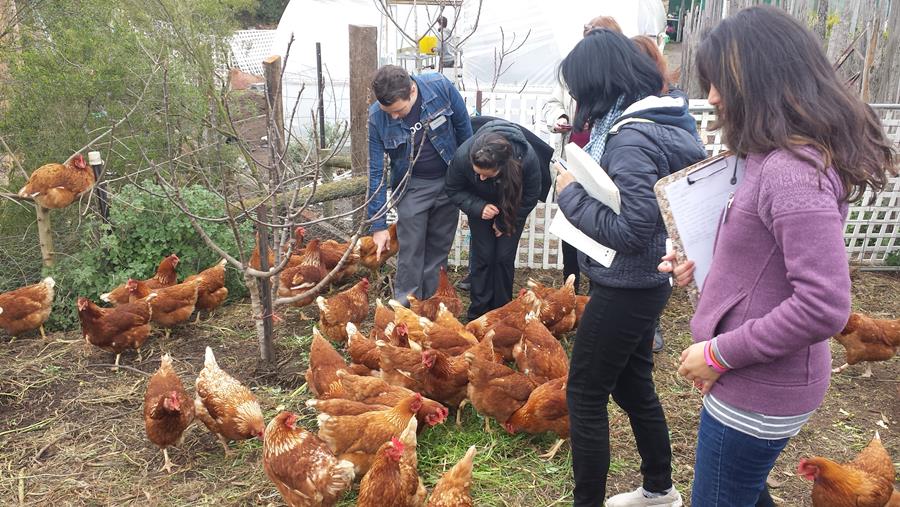
Shaking the habit
In 1869 when John Wesley Hyatt invented plastic to substitute ivory, which was in short supply due to a billiards craze, he was hailed as a saviour of the world’s elephants.
Hyatt’s miraculous celluloid would also prevent the deaths of numerous tortoises and a myriad of other animals whose bones, shells, tusks and horns were used in various consumer products.
At the time everyone agreed plastic was a very good thing indeed and in no time at all other clever folk would discover a thousand and one uses for the stuff.
Of course, we know how the story plays out; how Rachel Carson and friends helped wake the industrial world up to the impact of plastics in the 1960’s and how we’ve been trying to kick our plastic addiction ever since.
Like our transition away from our other fossil-fuel habits – petrol cars and coal-fired power stations – the process between knowing what we collectively need to do and doing what we collectively need to do has been frustratingly slow.
But when I think back 12 years to when Fair Food opened so much has changed and is changing in the way we do packaging and not just in the usual “consumer’s should just recycle more” kind of way.
These changes driven by farmers and makers who want their produce and groceries to be packed as sustainably as they’re grown are shifting plastics out of the supply chain.
– These days instead of trays and trays of punnets, Mornington Peninsula farmer Joe Valente’s organic cherry tomatoes arrive in bulk and we simply pack them into cardboard punnets or brown paper bags.
– Every week we sell more and more of Simon Schulz’s milk in glass bottles which are then collected, sent back to the farm for cleaning, refilling and delivered again.
– After years of searching, coffee social enterprise Corner Store finally found a home compostable bag for their delicious Fair Trade East Timor specialty beans.
– Meanwhile cleaning company’s Dirt went a step further with their laundry soap refill pouches by making them refillable – just leave them out for collection with your Fair Food packaging and we’ll send them back.
At the Fair Food warehouse there’s a continuing collective effort to reduce the amount of plastics coming into our warehouse and ending up in landfill;
– First if it doesn’t need packing we don’t pack it – apples, bananas, carrots and onions are carefully packed unbagged in our orders while beans, tomatoes, potatoes, garlic etc come in recyclable or compostable brown paper.
– Salad greens, roquette and baby spinach are packed in home compostable eco-cellulose bags.
– Bulk organic nuts, seeds, grains and pulses are packed in fully biodegradable and compostable paper bags.
– When Fair Food started there was nowhere to recycle the kilometres of plastic-wrap that our pallets of produce and groceries would arrive at the Fair Food warehouse in. These days zero-waste social enterprise Reground collects all our plastic-wrap which is then turned back into oil and used to create new plastic products.
There are, of course, also things we can do as customers;
– one of the most impactful is putting out your Fair Food refillable containers, reusable with your boxes, coolers and ice packs for collection.
– buying in bulk for yourself or with a friend means less packaging.
– and in our growing Sustainable Living section there is everything from copper pot scrubbers to compostable ziplock bags helping to reduce the amount of plastics we bring into our lives.
This month The Plastic Free Foundation reminds us to keep embracing and advocating for change in the way we use plastics #plasticfreejuly

Down to the wire
It went right down to the wire – doesn’t it always – but the CERES Farm Renewal Appeal reached its $80,000 target.
Indefatigueable campaign manager, Ben Manassah, sent this message over the weekend to all those who contributed.
If you were one of the hundreds of people who made a pay-it-forward donation to CERES while you shopped with Fair Food this year, this message is also for you….
We did it! You helped us reach our goal of $80,000. Thank you.
The last few months have been challenging for everyone, but you backed our vision, and it made a real difference to what CERES can deliver for our community of growers, learners and volunteers.
577 people gave to our Farm Renewal – your ongoing support underpins everything we do.
We’re ready create new teaching spaces for kids and adults of all abilities, and deliver 500 hours of farm mentoring to people experiencing hardship.
We’re so looking forward to sharing these stories over the coming months.
Thank you, from everyone at CERES.
Have a great week,
Chris
